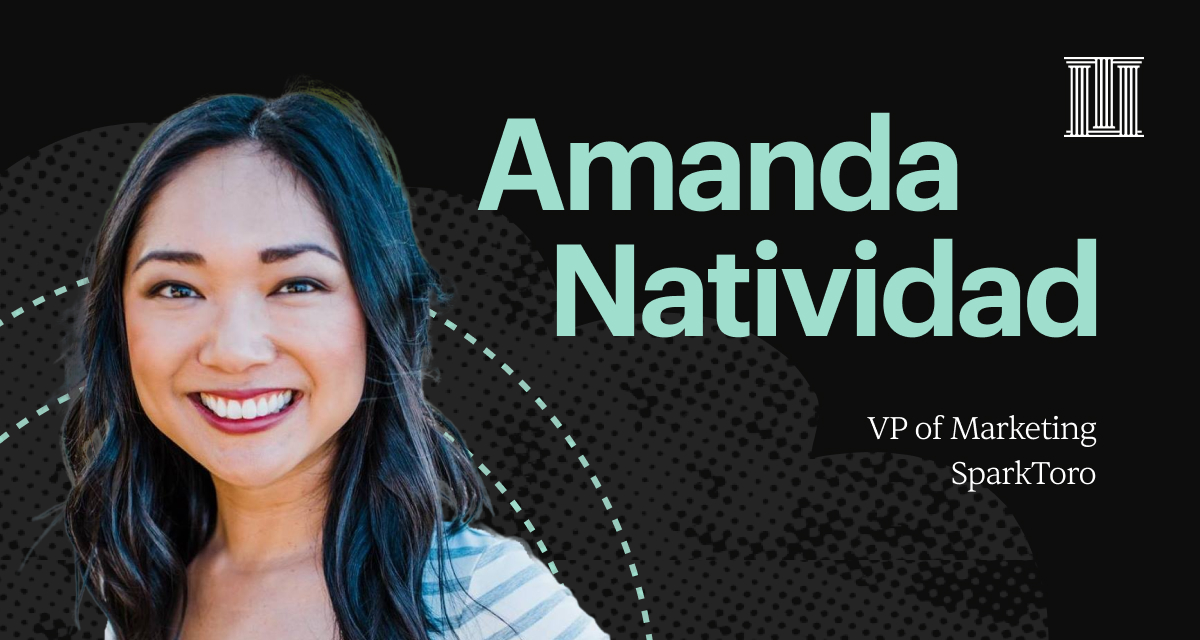How to get an enthusiastic yes
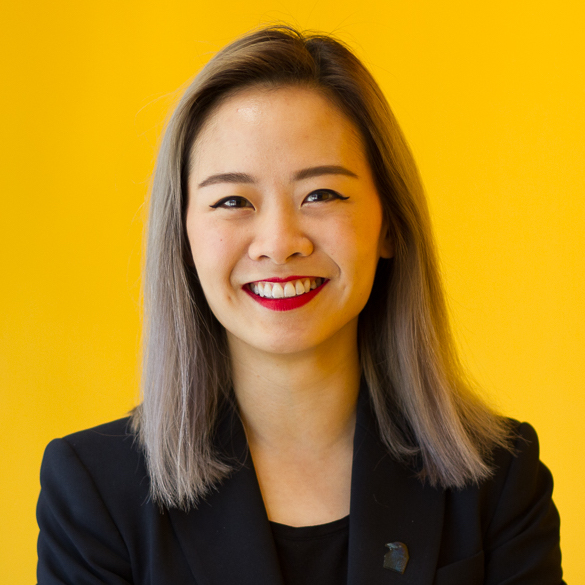
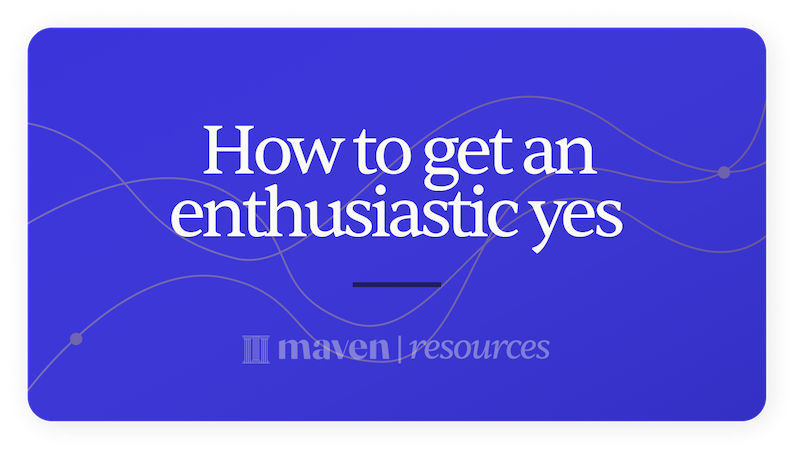
- Asking for a warm intro
- Pitching your idea
- Applying for a job
- Selling a course
- Closing a sale
This is the most important time to position why an idea is good for THEM.
- Write the ask
- Highlight parts that benefit you
- Highlight parts that benefit the other person
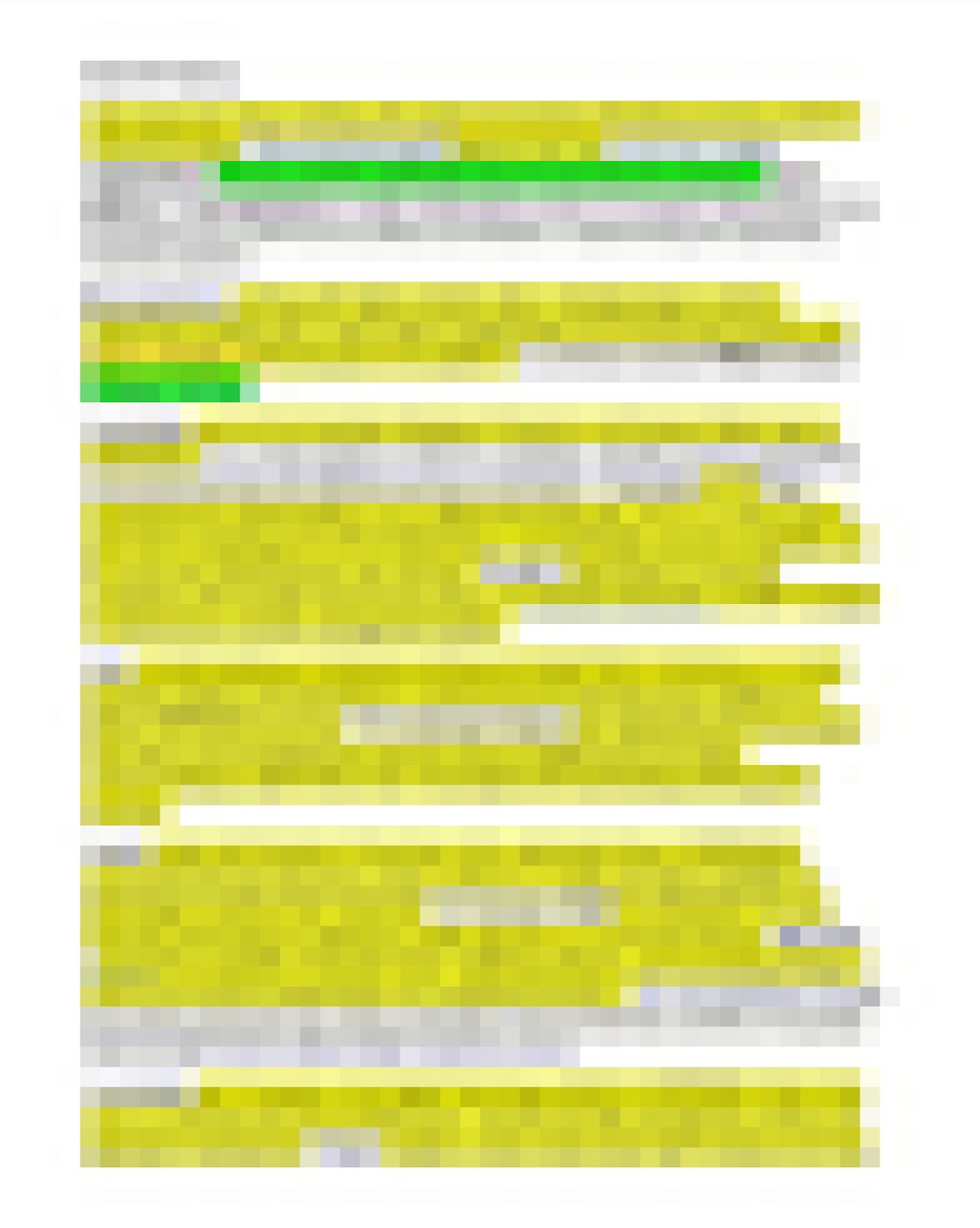
Related Courses
Create unique positioning for your product
One of it's kind practical course to nail your product positioning and all what comes with it: landing pages, pitch decks and GTM strategy
Improve Your Presentation Writing - Public Speaking - Work Presentations
Increase your confidence. Improve your writing and speaking. Any topic, any industry, any job.
Speak to Influence
Build Unshakeable Confidence, Engage Any Audience And Master the Art of Influence in Just 2 Weeks
Go To Market Strategy Bootcamp For B2B Software
Target the right buyers for your new product. Reach them through the right channels. Convince them with differentiated positioning messages.
B2B Sales Strategy for Startup Founders
Discover the secrets to influencing decision-makers and designing a pilot program that gets a YES. (Now in a one-day workshop).
How To Be Heard
Find your voice without changing who you are. This is a gentle course for quiet achievers ready to step into their own power.
You might also like
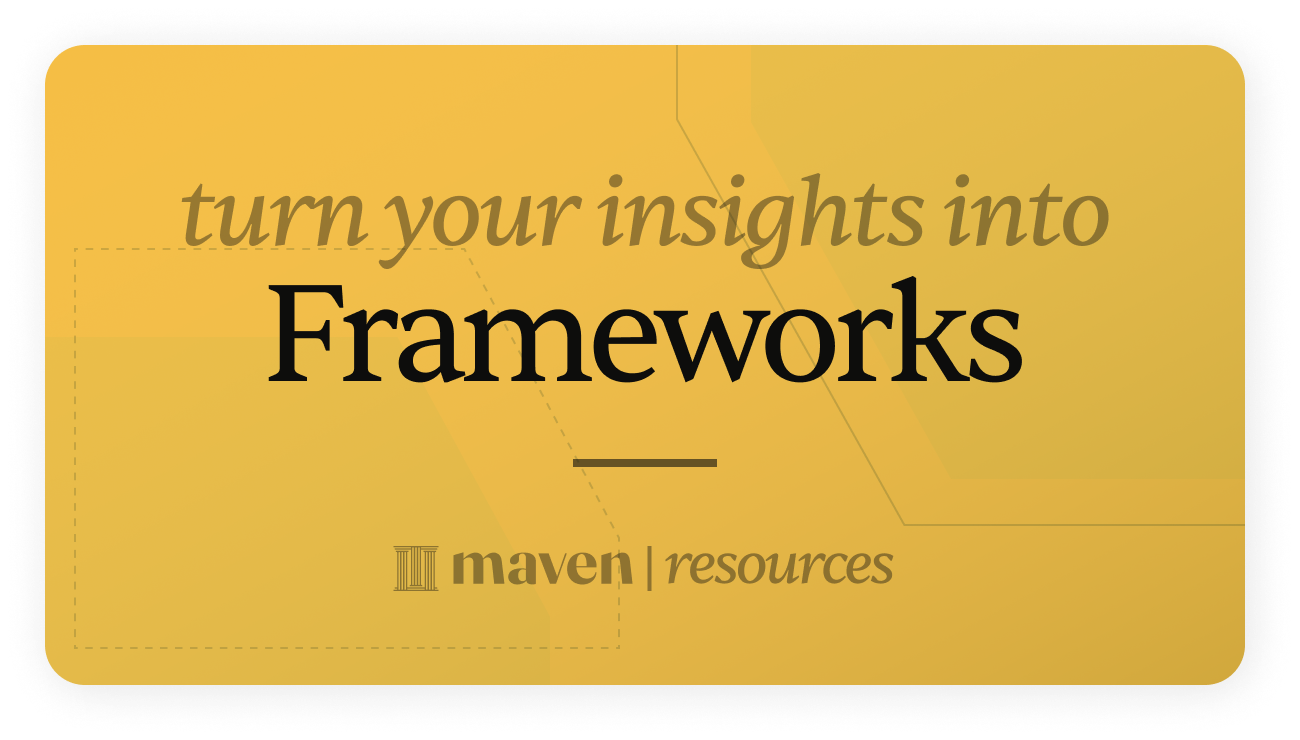
How to turn your insights into a framework
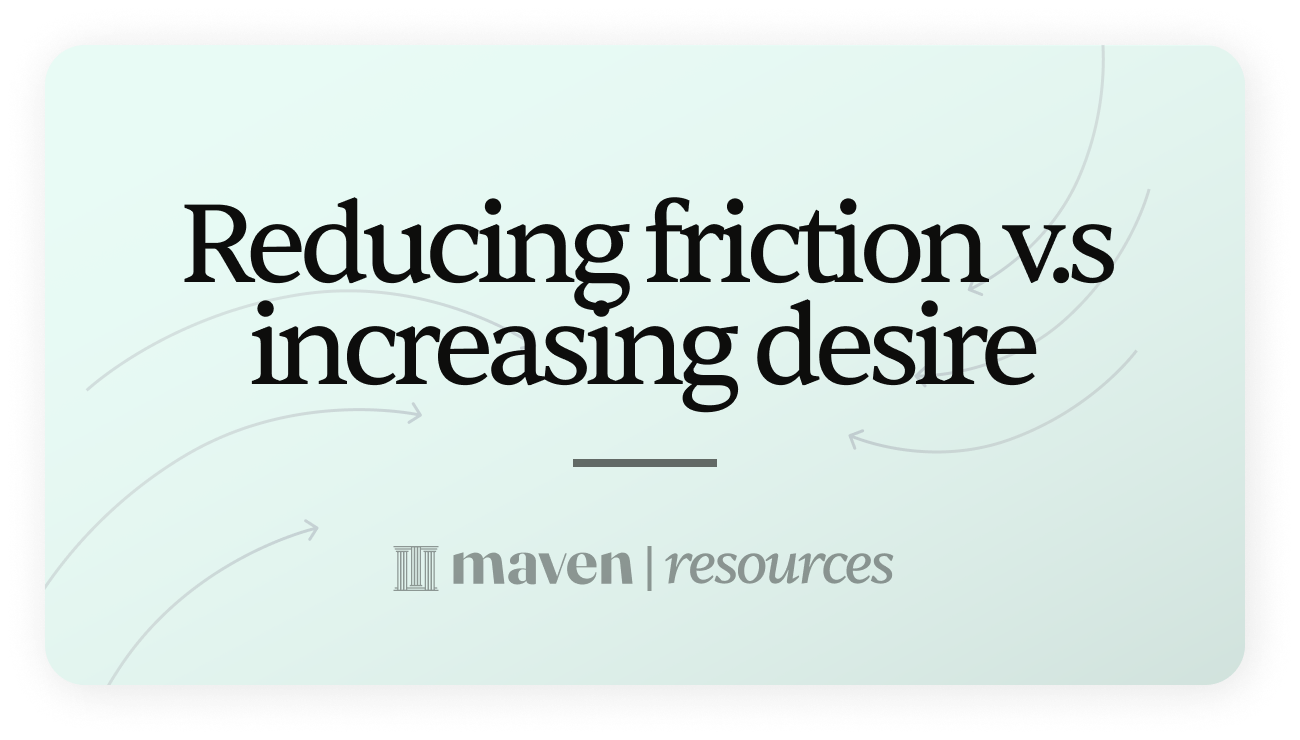
To drive growth, focus on increasing desire
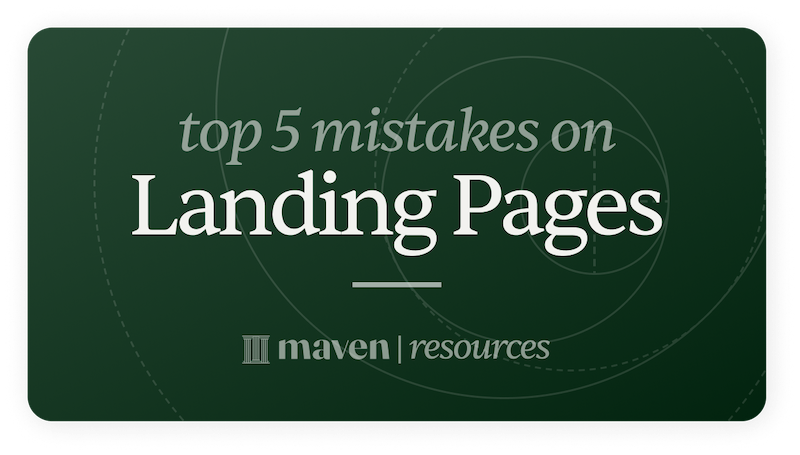
Top 5 copywriting mistakes on landing pages for course creators
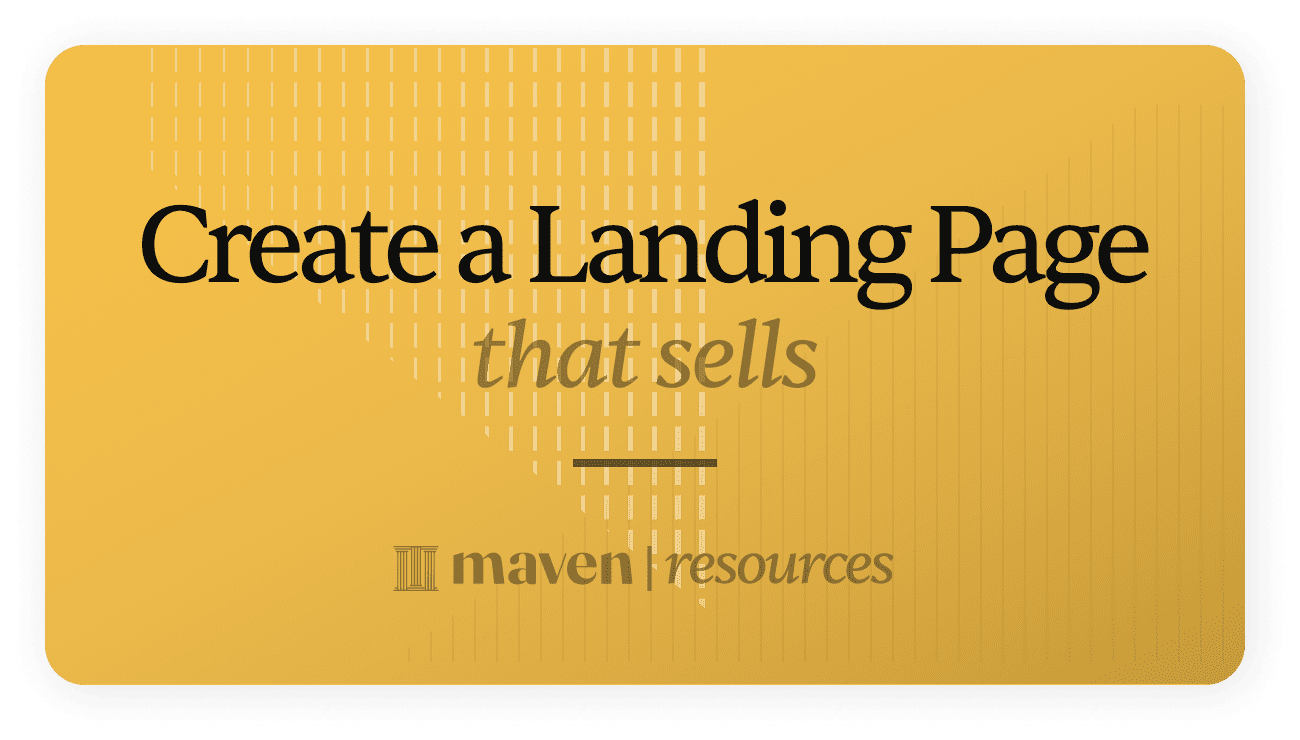
How the best instructors create landing pages that sell
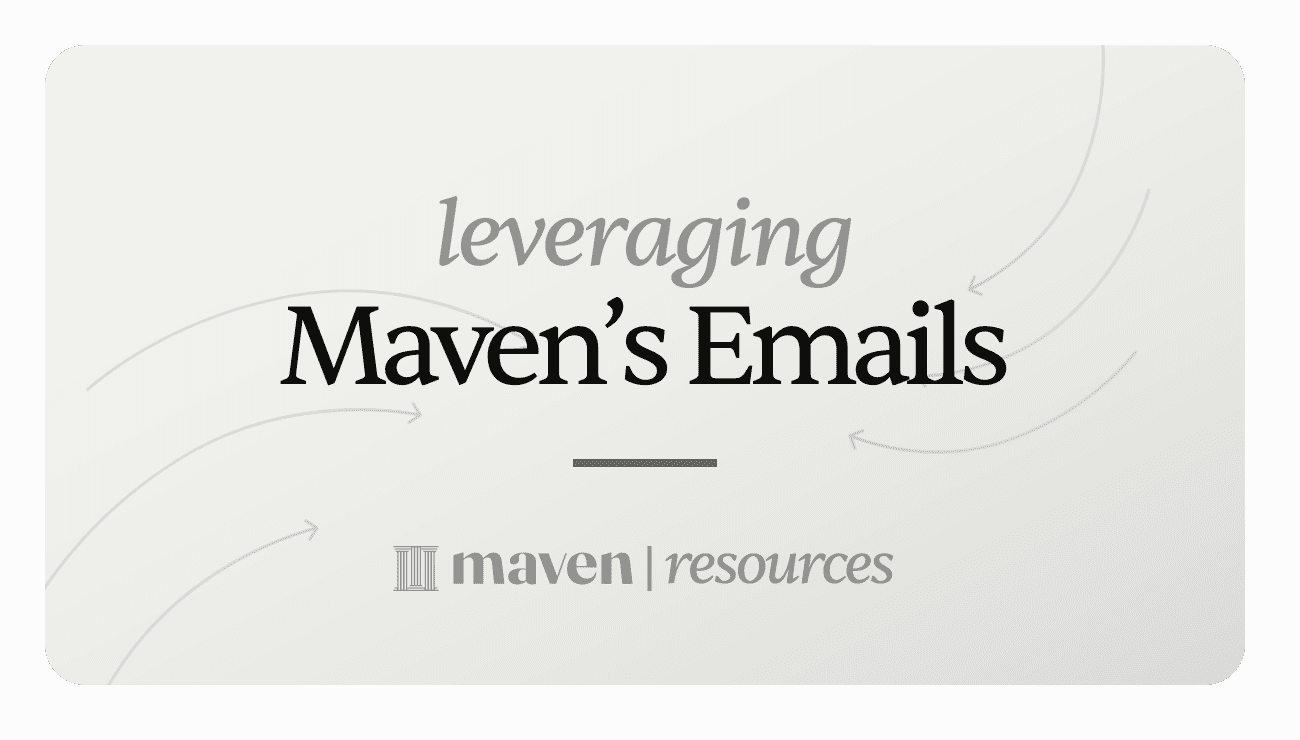
How to build email campaigns that get students signing up
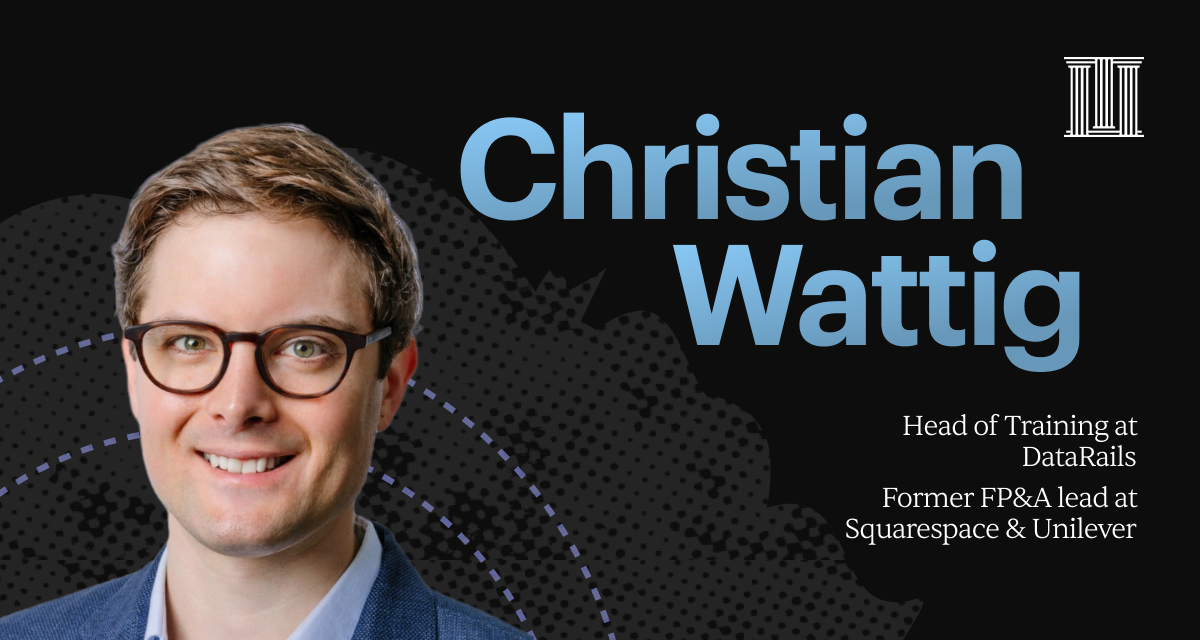
How Christian Wattig built a successful online course and boosted his career
